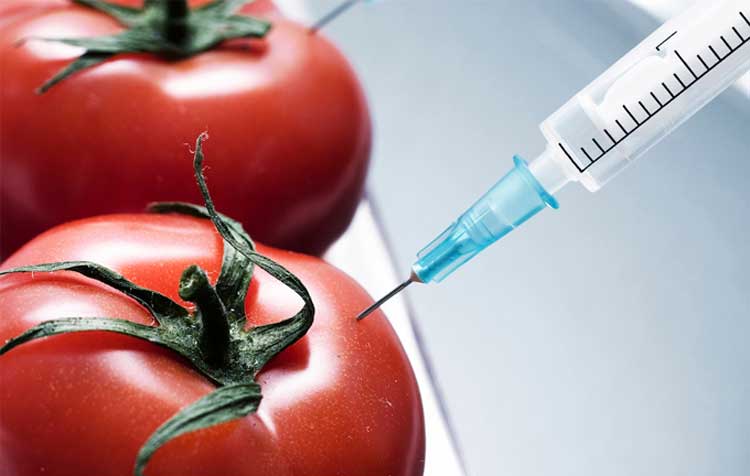Beware of GMOs
According to Consumer Reports, while the biotech companies that produce GMOs often claim that genetic engineering increases yield to feed the world’s hungry, this does not appear to be the case. In the US, the yield increase from GE crops ranges from very small to none. While GE crops do help farmers control weeds, yield promises are yet to be seen.
The promise of meeting the world’s hunger demands seems a moot point as there is more than enough food produced to feed everyone on the planet. Hunger is traced not to supply but to disparities in wealth, market inefficiencies, and wars, none of which can be resolved with genetically engineering crops.
In fact, genetically engineered crop foods can actually threaten food supply and increases its cost. Biotech corporations can and do patent the genetically engineered seeds and animals they create, and only three companies control over 53% of the global seed market in the United States, who also control 85% of the soy market and 76% of the corn seed market.
Due to these patents, these companies can sue any farmer who saves and grows with patented seeds for patent infringement, which raises serious ethical issues, along with genuine concern over monopolies and control over the world’s food supply by a handful of companies that can affect its availability and cost.
Several countries have banned the cultivation of GMOs as well as importing them as whole foods or ingredients. Unfortunately, this solution does not effectively prohibit the damage caused by GMOs to the environment or to people. The genetic modifications added to the seeds travel easily to other plants once they leave the laboratory.
According to the Institute for Responsible Technology, the long-term damaging effects of GMOs are “forever” and daunting.
• Cross-pollination occurs and pollutes non-GMO crops with undesirable GMO genetic factors.
• Farmers lose money when they cannot bring “pure” crops to market.
• The very resistance of GMOs to herbicides requires increased herbicide use as their tolerance grows. Herbicides are linked to birth defects, cancer, and sterility.
• Herbicides destroy natural habitats and cause death, dysfunction and birth defects in wildlife.
The list of concerns associated with GMOs continues to grow:
• GMOs are linked to the development of various forms of cancer.
• The estrogenic properties of some GMOs increase breast cancer growth in humans.
• GMOs disruptive effect on hormones may lead to thyroid problems, premature puberty, and infertility.
• Birth defects occur even with low exposure to GMOs.
• Chronic illness appears to be exacerbated by GMOs.
• Brain and neurological disorders (Parkinson’s, Autism, and Alzheimer’s) show increased severity with GMO exposure.
Studies have shown, despite EPA and manufacturers’ reassurances, GMOs do not function in the human body or the environment in the same manner as non-GMO foods. While genetic exchanges occur in nature, as some argue, this exchange did not previously occur between species. The lack of close and long-term study before making GMOs part of the food supply and current studies showing their hazardous effects indicate GMOs should be avoided as much as possible.
